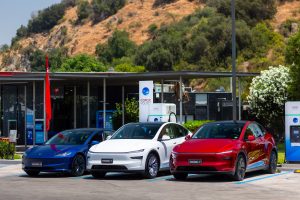
Thinking About Buying an Electric Vehicle? We Answer the Most Common Questions
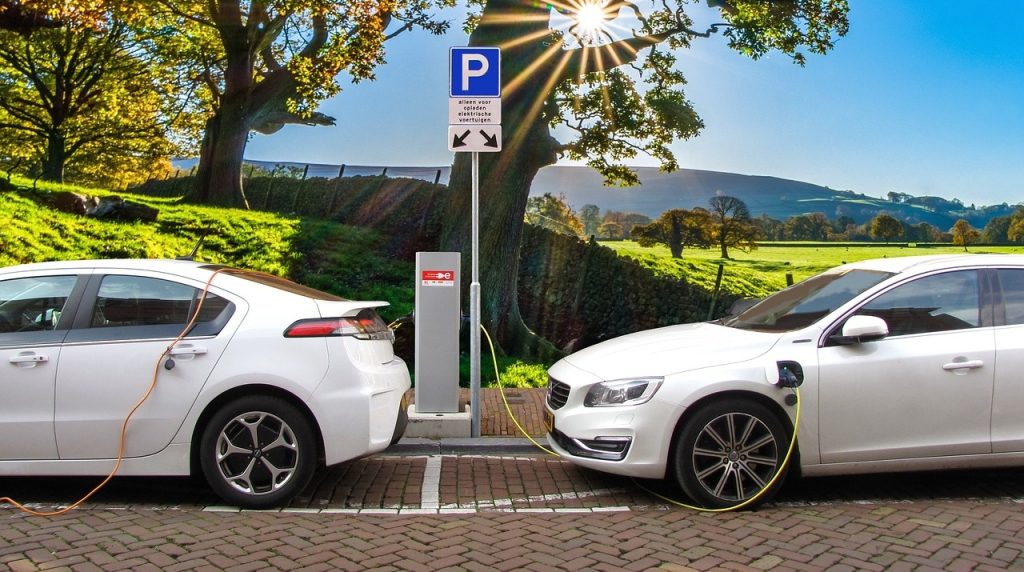
Electric vehicles have become a great transportation option, leaving fossil fuel-powered models behind. However, this field is a universe of multiple factors that are yet to be discovered or perfected for the future, but the truth is that they can perform as well or better than a gasoline car.
Even so, many people may have doubts about electric cars, and this is completely normal since it involves transitioning to a totally new technology and form of propulsion. Therefore, we clarify the 10 most common questions about electric vehicles.
Are they 100% sustainable?
Much is said about the transition to sustainability through electric vehicles, and while they do not generate emissions during use, the manufacturing process or extraction of metals for the battery does. This is precisely one of the challenges facing sustainable mobility for the future: becoming 100% emission-free.
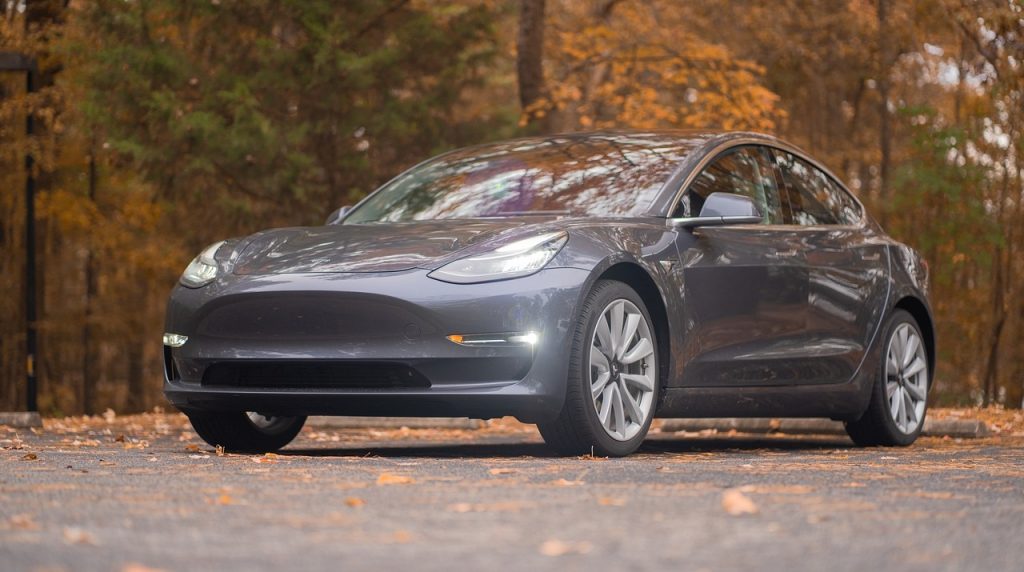
Range
Knowing if an electric vehicle will meet driving requirements is a question that cannot be answered generally, as it will depend on each person, how much they drive daily, and where they go. However, there are options on the market ranging from 200 kilometers of range to 600 km; there is even a Mercedes with a 1,000 km range on a single charge.
What happens when I run out of battery?
It’s unlikely that you will completely run out of battery, as when the energy is very low, the vehicle reduces power and alerts the driver about the energy source status to head to a nearby station or use a portable charger. On the other hand, if you reach 0%, it will depend on the model whether it stops or not. For example, Ford and Tesla provide a little more when the battery is depleted, but in the case of the Audi e-tron and Jaguar I-Pace, zero will literally mean no energy at all.
Does the battery degrade?
Just like a mobile phone battery, it degrades. Multiple factors contribute to this, such as charging habits. Letting it discharge to the extreme will deteriorate its lifespan sooner than expected. Some manufacturers recommend charging starting at 5% or 10%.
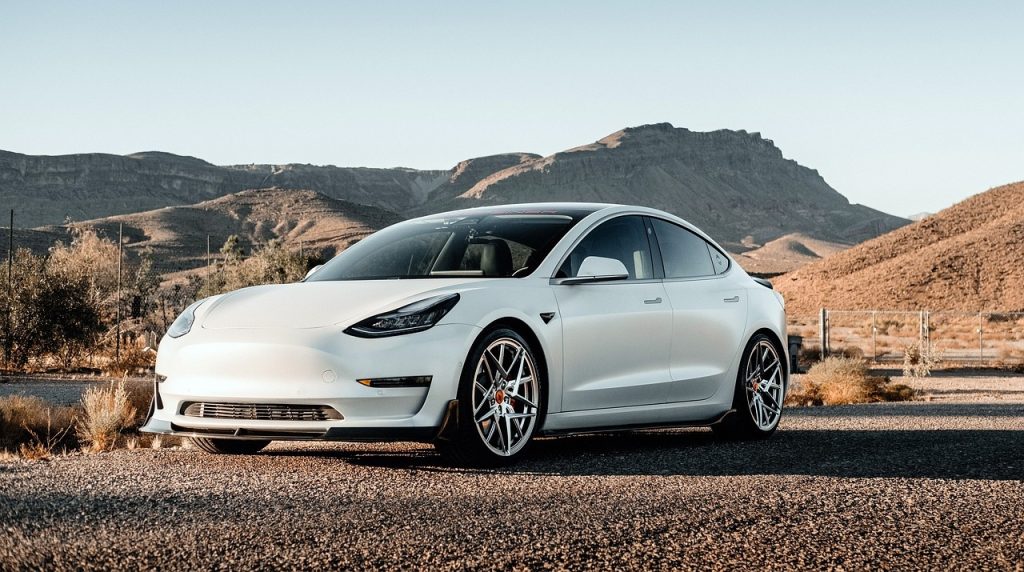
Why are they so expensive?
The raw materials for battery manufacturing have high export prices. Currently, few manufacturers have their own battery production plants, leading to high final car prices. Tesla is working on its own cells, which should lower prices. On the other hand, Volkswagen has entered this field, starting in Europe and North America.
Can I charge the car with 240-volt current?
Absolutely, almost all electric vehicles support 110 V, 220 V, and 240 V. They come with an adapter that allows them to be plugged into the power outlet in your home garage.
Is an electric car cheaper than a gasoline one?
Probably not when buying it. However, evaluating future maintenance costs, yes. With an electric car, you’ll say goodbye to the expensive gasoline refuelling, as well as general engine maintenance. The price of a kWh at Tesla Superchargers is $0.45.
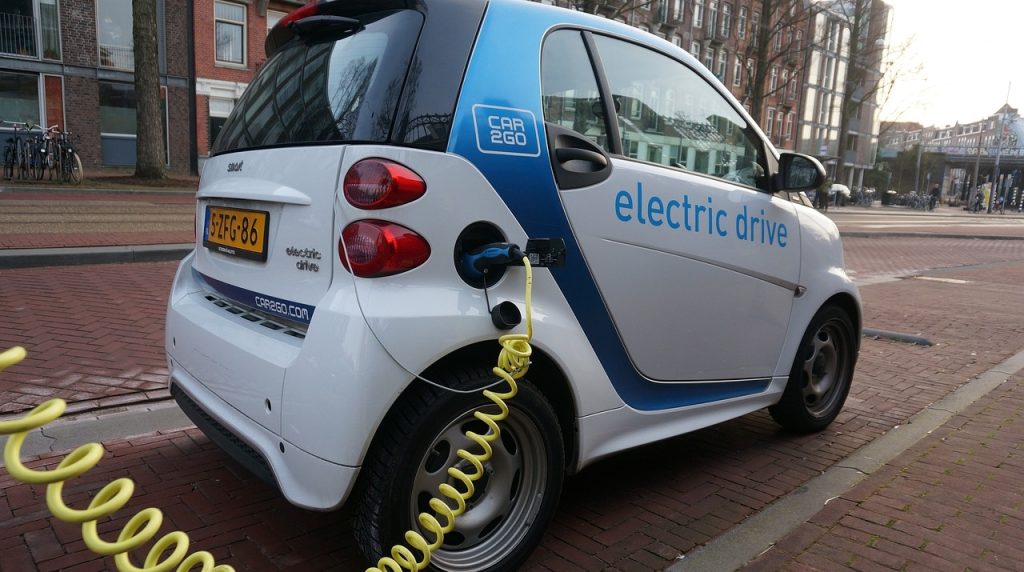
Will the price of electric vehicles decrease?
It is expected to, but as mentioned earlier, batteries play a fundamental role in the final price. However, manufacturers claim that one of their goals is to make these cars as affordable as a gasoline-powered one.
Is it advisable to buy a used electric vehicle?
The battery’s condition needs to be evaluated; remember that they operate not by years but by charge and discharge cycles. For example, if it has 10,000 cycles, it will stop working when these are completed. Therefore, you must check that this component is not too worn out before making a decision.
Is Tesla the best option?
It will depend on personal preference, but it cannot be denied that Tesla is the market leader in electric vehicles, with a good vehicle structure, as well as superchargers and battery manufacturing. The Model 3 is one of the most sought-after and recognized as a great car.
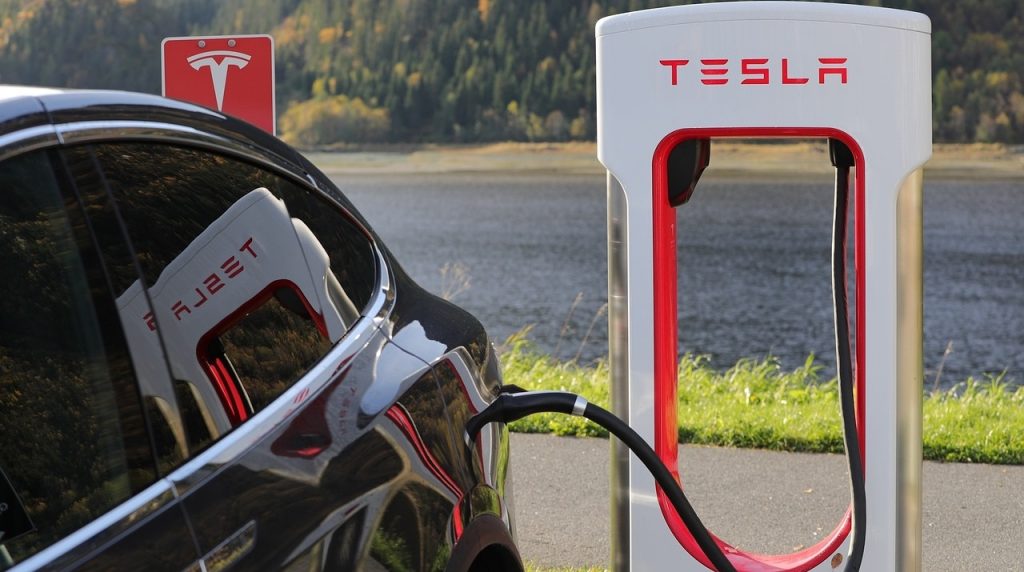
On the other hand, there are other manufacturers with really good models, such as Volkswagen with the ID.4. Similarly, Toyota, General Motors, Hyundai, Ford, and others have made significant progress in this area, so the final decision on whether to choose a Tesla or another brand will be entirely subjective.





